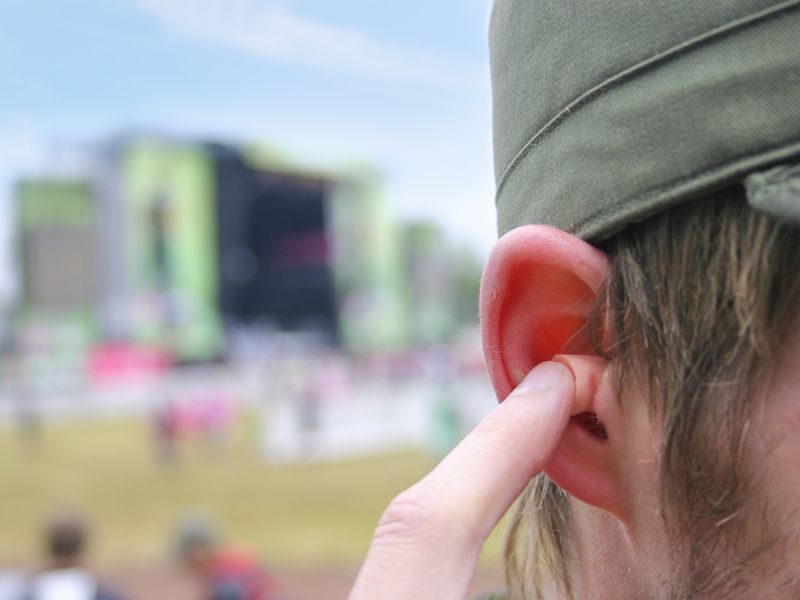
If you’re subjected to loud sounds, say using a lawnmower in your backyard, going to an arena to see your favorite band play, or merely sleeping at home next to a snoring spouse, earplugs might be helpful. Bringing down the volume is the way earplugs can help in the first two cases. In the last instance, they low the decibels plus help protect your sanity (and possibly your marriage) by enabling you to get a good night’s sleep. But are your ears being damaged by these protectors?
What’s The Point of Utilizing Earplugs?
It’s a pretty simple argument for using earplugs: When used properly, earplugs can reduce your exposure to extreme volume levels and thereby protect your ears. When you leave a loud venue, say a football game where the announcer keeps exhorting the crowd to, GET LOUD, whenever the other team kicks off, you’ve probably noticed that your hearing seems different, and you might also experience symptoms of tinnitus. Those tiny hairs are bent by this kind of noise exposure and that’s the reason why this happens. It commonly disappears within a couple of days, because the hair cells have recovered.
But in a few particular situations, there is a relentless attack on those little hairs, this is especially true if you work in a noisy profession like construction or in an airport. Instead of recovering after bending, the cells are damaged permanently. You’ve got just about 16,000 of those tiny cells in each cochlea, but up to 50% of them can be destroyed or at least damaged before you would notice the change in a hearing exam.
Is it Possible to Injure Your Hearing by Using Earplugs?
That being said, you’d think that using earplugs would be an obvious choice when it comes to protecting your hearing. But if your exposed to loud noises on a regular basis, this seems even more obvious (like on the job or with the above mentioned snoring significant other), over-the-head earmuffs or noise-reducing (but not completely blocking) headphones are a smarter option. Earplugs aren’t well suited to day to day use but are a smarter choice for one time occasions such as a concert or sporting events.
Why? The first problem is, earwax. Your ears create wax to defend themselves, and if wearing earplugs is something you do regularly, they will create more of it, and the earplugs will jam it in further. This can lead to troubles like impacted earwax, which can trigger tinnitus and other hearing disorders.
Ear infections can be another complication for those who use earplugs. If you frequently wear the same pair, and you fail to clean them properly between uses, they can become bacteria traps. At the very least, ear infections are a disturbance to your day to day life. But at the worst-case-scenario end of the scale, they can also result in hearing loss if neglected.
How Can You Safely Utilize Earplugs?
Whether it’s a good night sleep or safeguarding your ears, there’s still a formidable upside to using earplugs. You just have to be sure you’re using the right kind and using them in the proper way. The porous material of foam earplugs is a germ paradise so it’s a good thing that they are the least costly. Silicone or wax earplugs are reusable, but you need to keep them sanitized, wash them with warm water and mild soap to clean them, and don’t put them back in your ears until they’re completely dry. Accumulation of moisture can cause bacteria or mold so store your earplugs in a well ventilated container.
If you want or need to use earplugs on a regular basis, you might want to talk to us about getting custom-made earplugs. They are comfortable because they’re crafted from molds of your ears and they are reusable. Again though, to avoid any potential hearing problems, it’s crucial to practice smart earplug hygiene!
